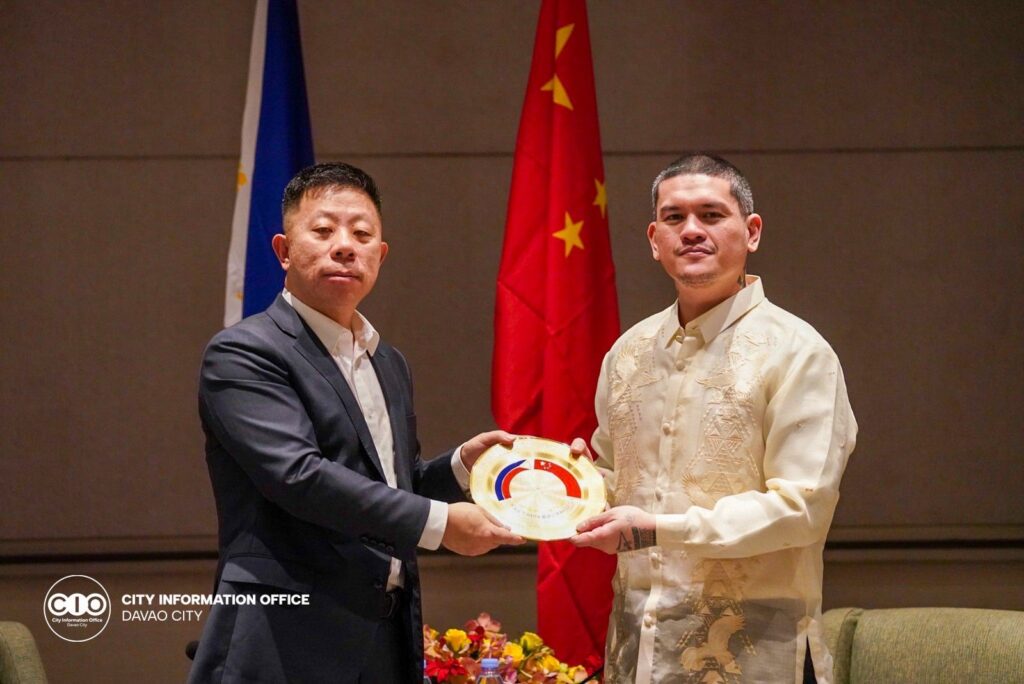In the wake of yet another catastrophic flood experienced in the province of Bicol, Laguna, Cavite, and Batangas, the question looms larger than ever: Who is truly accountable for the failures of disaster preparedness and management? As communities are once again submerged, the glaring truth emerges: nature acts as the ultimate judge/referendum of government projects. And what it reveals is far from flattering; it showcases a harsh reality where political agendas overshadow genuine and sustainable solutions. In the recently concluded Asia Pacific Ministerial Conference on Disaster Risk Reduction held in the country from October 14-18, 2024, the government unveiled its latest disaster mitigation project, a shiny new initiative touted as a breakthrough in flood control. Politicians, eager to bask in the glow of their purported successes, roll out press releases and photo ops, showcasing their latest engineering marvel. But as floodwaters rise and communities drown, one must ask: where is the resilience of those most affected?
Ironically, while billions are spent on grand public infrastructure, the very communities that suffer the most are left adrift—literally and figuratively. In their rush to gain political capital, our leaders have ignored the most critical element of disaster preparedness: empowering local populations. Instead of equipping these vulnerable communities with the tools and knowledge they need to withstand disasters, they have chosen to create a cycle of dependency on government aid. This reliance on handouts, framed as “support,” is nothing more than a political strategy—a way to secure votes during election cycles while the real issues remain unaddressed. It’s a cruel irony that as floodwaters invade homes, leaders flood our screens with promises of aid and recovery, all while neglecting the underlying need for community resilience. This superficial political support serves only to maintain the status quo, ensuring that vulnerable populations remain trapped in a cycle of disaster and dependency. One would hope that past calamities would serve as a lesson. Yet, as history repeats itself, it becomes evident that our political leaders are more focused on their re-election campaigns than the empowerment of those they claim to serve.
The truth is stark: by failing to prioritize genuine resilience-building efforts, they are choosing to keep communities in a perpetual state of vulnerability. Nature has a way of revealing the truth, and it does not discriminate. It shows us that when policymakers prioritize political expediency over real solutions, the consequences can be devastating. As floodwaters recede, the real disaster may not be the waters themselves but the political decisions that left communities unprepared. If we are to break this cycle, we must demand accountability from our leaders—not just in their promises, but in their actions.
The government should reconsider its focus from disaster aid to disaster resilience, from short-term fixes to long-term empowerment. Only then can we hope to free vulnerable communities from the shackles of dependency and truly prepare for the storms that will come. It is time for our leaders to realize that Mother Nature is watching—and she will not hesitate to expose the consequences of their choices.




